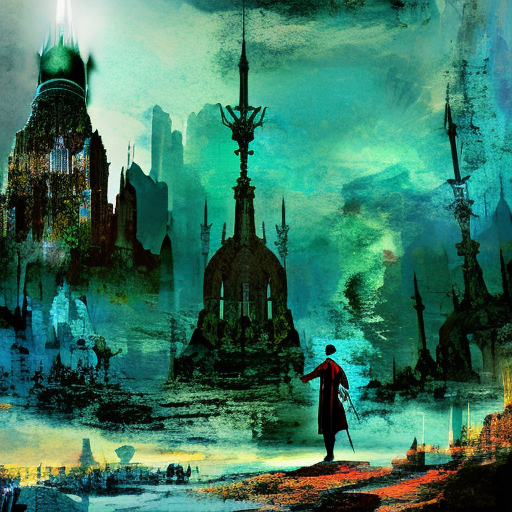One-line Summary:
“The Lacuna” is a captivating historical novel that explores themes of identity, art, and political turmoil through the life of its protagonist, Harrison Shepherd.
Life of Harrison Shepherd
“The Lacuna” by Barbara Kingsolver follows the life of Harrison Shepherd, a young boy who grows up in Mexico during the 1930s. Raised by a Mexican mother and an American father, Harrison navigates the complexities of his dual heritage. As a result of his parents’ tumultuous relationship, Harrison’s mother takes him to live in Mexico City, where he becomes immersed in the vibrant culture and language of the country.
Artistic Pursuits and Influential Figures
As Harrison grows older, he discovers his passion for writing and begins working as a cook and secretary for the famous artists Diego Rivera and Frida Kahlo. Through his interactions with these influential figures, Harrison becomes entangled in the political and social climate of the time. He witnesses the rise of communism, the persecution of suspected communists, and the impact of the Second World War.
Political Turmoil and McCarthyism
“The Lacuna” delves into the political turmoil of the era, particularly the McCarthy era in the United States. Harrison’s writing career takes off when he becomes a successful novelist, but his association with left-wing politics and his friendships with communist sympathizers make him a target of the anti-communist fervor sweeping the nation. The novel explores the destructive power of McCarthyism and the impact it has on Harrison’s life and relationships.
Key Takeaways:
- The search for identity: The protagonist, Harrison Shepherd, grapples with his mixed heritage and struggles to find his place in the world.
- The power of art: Through his interactions with renowned artists like Diego Rivera and Frida Kahlo, Harrison witnesses the transformative power of art and its ability to reflect and shape society.
- The destructive force of political turmoil: “The Lacuna” highlights the devastating impact of political ideologies and the fear-driven witch hunts of the McCarthy era.
- The importance of personal connections: The novel emphasizes the significance of human relationships and the ways in which they can shape an individual’s life and experiences.
“The Lacuna” offers a thought-provoking exploration of identity, art, and the destructive power of political ideologies. Through the captivating life of Harrison Shepherd, Barbara Kingsolver weaves a compelling narrative that transports readers to a tumultuous period in history.
In conclusion, “The Lacuna” is a rich and engaging novel that skillfully combines historical events with fictional storytelling. Through the life of Harrison Shepherd, readers are taken on a journey through the complexities of identity, the transformative power of art, and the destructive force of political turmoil. Kingsolver’s vivid prose and meticulous research make “The Lacuna” a must-read for those interested in history, art, and the human experience.












